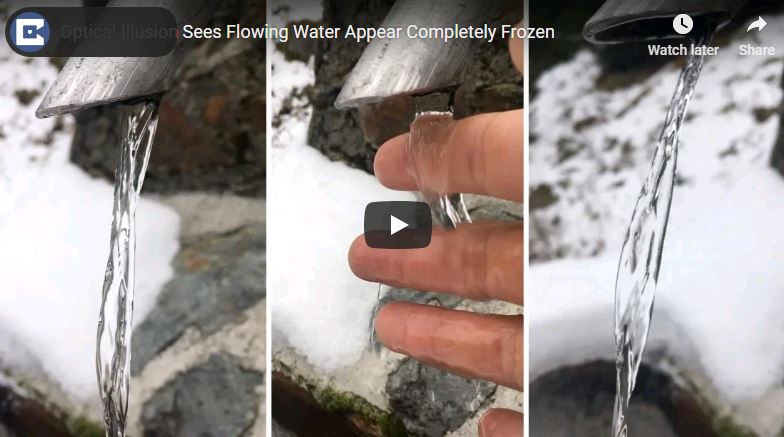
Why Aren’t We Nice All The Time?


Tom's Blog on Life and Livingness



One of my friends told me about a powerful lesson in her daughter’s high school class this winter. They’re learning about the Salem Witch Trials, and their teacher told them they were going to play a game.
“I’m going to come around and whisper to each of you whether you’re a witch or a normal person. Your goal is to build the largest group possible that does NOT have a witch in it. At the end, any group found to include a witch gets a failing grade.”
The teens dove into grilling each other. One fairly large group formed, but most of the students broke into small, exclusive groups, turning away anyone they thought gave off even a hint of guilt.
“Okay,” the teacher said. “You’ve got your groups. Time to find out which ones fail. All witches, please raise your hands.”
No one raised a hand.
The kids were confused and told him he’d messed up the game.
“Did I? Was anyone in Salem an actual witch? Or did everyone just believe what they’d been told?”
And that is how you teach kids how easy it is to divide a community.
Keep being welcoming, beautiful people. Shunning, scapegoating and dividing destroy far more than they protect. We’re all in this together.

The undersea use of chemical dispersants during the 2010 Deepwater Horizon oil disaster likely did more harm than good, a new study says.
A University of Miami-led study indicates that the massive amounts of dispersants BP applied directly at the spewing wellhead – about a mile below the Gulf of Mexico’s surface – failed to curb the oil’s spread, and may have increased the disaster’s ecological damage.
The study is one of several in recent months that have questioned whether dispersant should be used at all. Other research cited in the UM study noted that dispersant appears to fight nature’s ability to clean-up after oil spills. A study by the University of Georgia indicates that dispersant kills or inhibits the growth of oil-eating microbes, including naturally-occurring bacteria that rapidly consume oil that dispersants only break apart.
Dispersant has also been linked to illnesses in humans and several types of marine life. The Gulf’s deep sea coral were found to suffer more from a dispersant-oil mix than oil alone.
“There is no upside in using ineffective measures that can only worsen environmental disasters,” said Claire Paris, a marine scientist and the UM study’s lead author.
BP declined to comment on the study. In the past, BP has said the use of dispersants was approved by federal environmental agencies and the Coast Guard.
University of Georgia marine scientist Samantha Joye said the study raises questions about whether dispersants should be used on future oil spills.
“These findings should change the way we think about spill response (and the) reprioritization of response measures,” said Joye, who assisted with the study.
The oil industry’s drilling in deeper water in the Gulf underscores the need for alternative measures for dealing with blowouts and spills, UM scientists said. The “capping stack” method BP used to plug the well nearly three months after the explosion might be a better first response strategy. The study’s authors also suggested more research into “bio-surfactants,” a less toxic and biodegradable option for breaking up spills.

Coastal towns would benefit from an oil spill in the pristine Great Australian Bight because the clean up would boost their economies, energy giant BP has claimed as part of its controversial bid to drill in the sensitive marine zone.
This is ethically bankrupt and environmentally insane!
They should never be allowed near our oil reserves! Or anyone else’s for that matter!

Isn’t this just a GREAT idea? Imagine what a world we would have if a generation of kids grew up confident, competent, intelligent, compassionate and sane?


Some really interesting data on flows and illusions.


I have had the occasional person ask me about handling cholesterol without statins. For obvious reasons. Statins are more dangerous than cholesterol! As a matter of fact, cholesterol is not even dangerous! There has never been a study that linked cholesterol to higher risk of heart attack or stoike and people over 60 with low cholesterol have a highr risk of dying from heart disease than those with high cholesterol! Nevertheless, arterial health is highly desirable so this is worth reading.
And if US$70 a month for another supplement is a tad more than you want to spend, check out your green grocer for some bergamot!